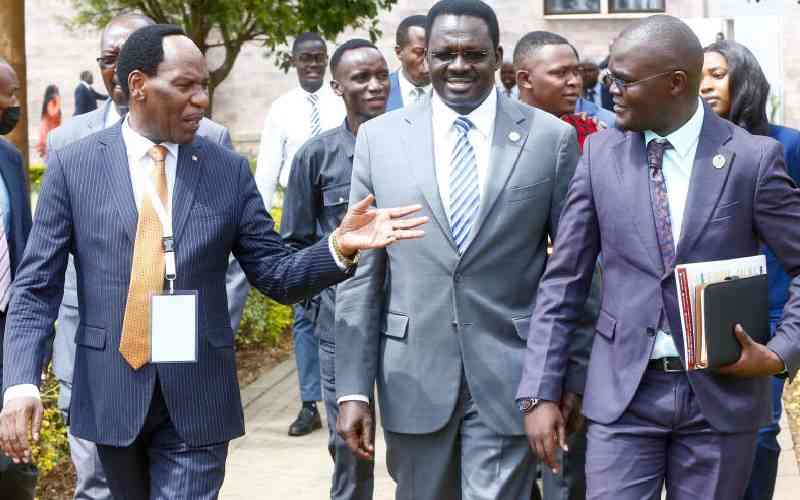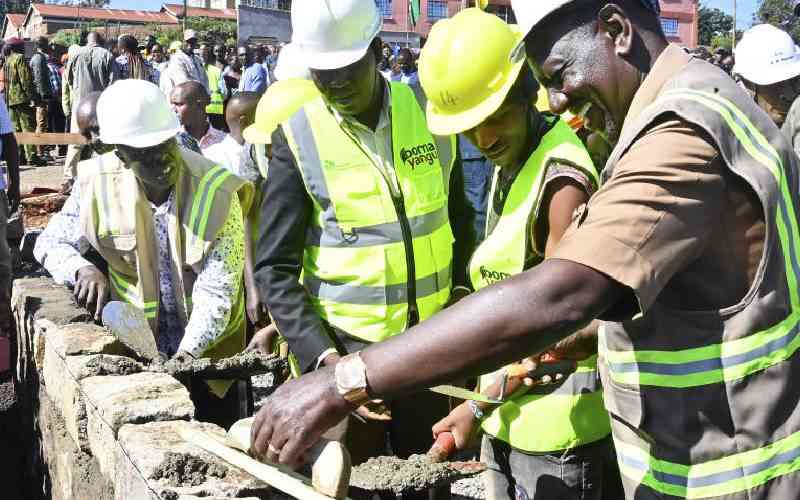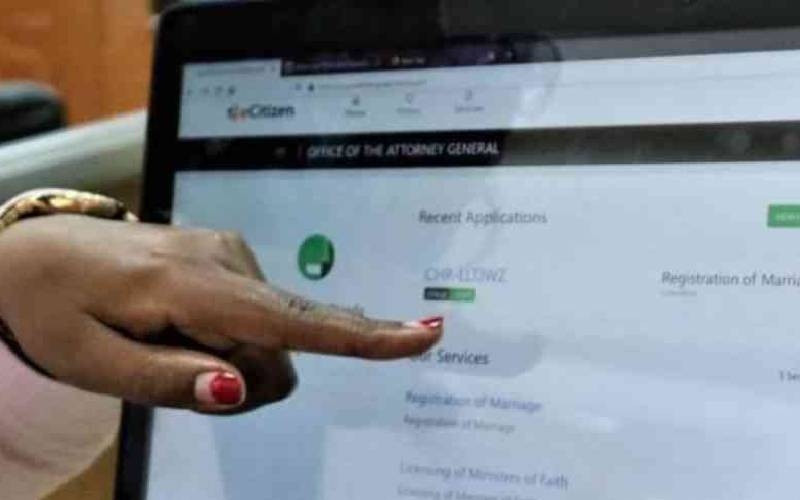Cybercrime and fake news are the digital pandemics of the 21st Century, and it seems like the entire world is sick. Hackers were seemingly behind the service disruption on WhatsApp, Facebook and Instagram recently, and here in Kenya we have seen a 10 per cent surge in the number of hacking incidents compared to the same period last year.
While hacking and cybercrime can be a worrying threat, there are technological answers to leaky defences. Comparatively, no open society has found the antidote to fake news, and it has already influenced significant global incidents such as election and referendum results and mistrust in society and institutions.
That’s why we should be concerned that we are already seeing 2022 election fake news. It is time to get smart to what it is, and what it is trying to achieve.
The first example: misleading or falsified information. Earlier this month, there was an item doing rounds on social media to the effect that international polling company IPSOS had released a new poll on the popularity of some potential presidential aspirants.
Polls are untrustworthy enough, but this poll was a figment of somebody’s imagination. No such polling data is available on the IPSOS website, and the company confirmed in a tweet that they had not released any poll on the popularity of presidential aspirants. “The poll on social media is a FAKE poll,” a tweet from the company’s Twitter account said. There is a chance that this was the work of a bored and mischievous youth, but the far more likely reality is that people are already spending time and money on preparing the ground for a full blown fake news campaign.
The problem with fake polls like these is that people are reticent to check sources. The result of this is that more people are exposed to the fake news than to the correction.
One of the misleading posts was published on the Facebook group Kenya Political Forum which has over a million members and is active in political discussions, clearly influencing many people as a result. The fake poll post attracted more than 100 comments and reactions, and reached thousands of people’s screens. The long term effects of ploys like these is that fewer people will trust what they read and see, suppressing potential support for a politician who runs a clean campaign. The scales can then be tipped in favour of an opponent who is more comfortable telling outright lies.
Thankfully, not all fake news achieves its desired result, as some bloggers have found out after getting a date with law enforcement. To defeat fake news, the consequences for being caught have to be real and act as a deterrent. However, there is no better defence than a well prepared electorate. We have to educate ourselves on bots, disinformation, and shallow political moves aimed at capturing the headlines.
The best defence means a demand to our press and pundits to focus on what matters most - real information about our society. If we had spent the time discussing the economy over other non-substantive issues, how much better informed would we be?
The conversation starts here. The Kenyan economy is projected to grow by 5.8 per cent on average in 2019, with many solid estimates predicting over 6 per cent growth. The Big 4 are starting to deliver, and with it the business environment is becoming more positive.
One of the factors in our favourable ratings among international observers is a positive security rating than in previous years, thanks to initiatives like the President’s handshake with the Opposition. The people behind fake news cannot focus on something productive; maybe because they too rely on their money coming from backhand deals. Let’s not play to their tune ahead of a heated political period. There is a lot to be done before the next election day.
- The writer is an analyst based in Nairobi
 The Standard Group Plc is a
multi-media organization with investments in media platforms spanning newspaper
print operations, television, radio broadcasting, digital and online services. The
Standard Group is recognized as a leading multi-media house in Kenya with a key
influence in matters of national and international interest.
The Standard Group Plc is a
multi-media organization with investments in media platforms spanning newspaper
print operations, television, radio broadcasting, digital and online services. The
Standard Group is recognized as a leading multi-media house in Kenya with a key
influence in matters of national and international interest.
 The Standard Group Plc is a
multi-media organization with investments in media platforms spanning newspaper
print operations, television, radio broadcasting, digital and online services. The
Standard Group is recognized as a leading multi-media house in Kenya with a key
influence in matters of national and international interest.
The Standard Group Plc is a
multi-media organization with investments in media platforms spanning newspaper
print operations, television, radio broadcasting, digital and online services. The
Standard Group is recognized as a leading multi-media house in Kenya with a key
influence in matters of national and international interest.









